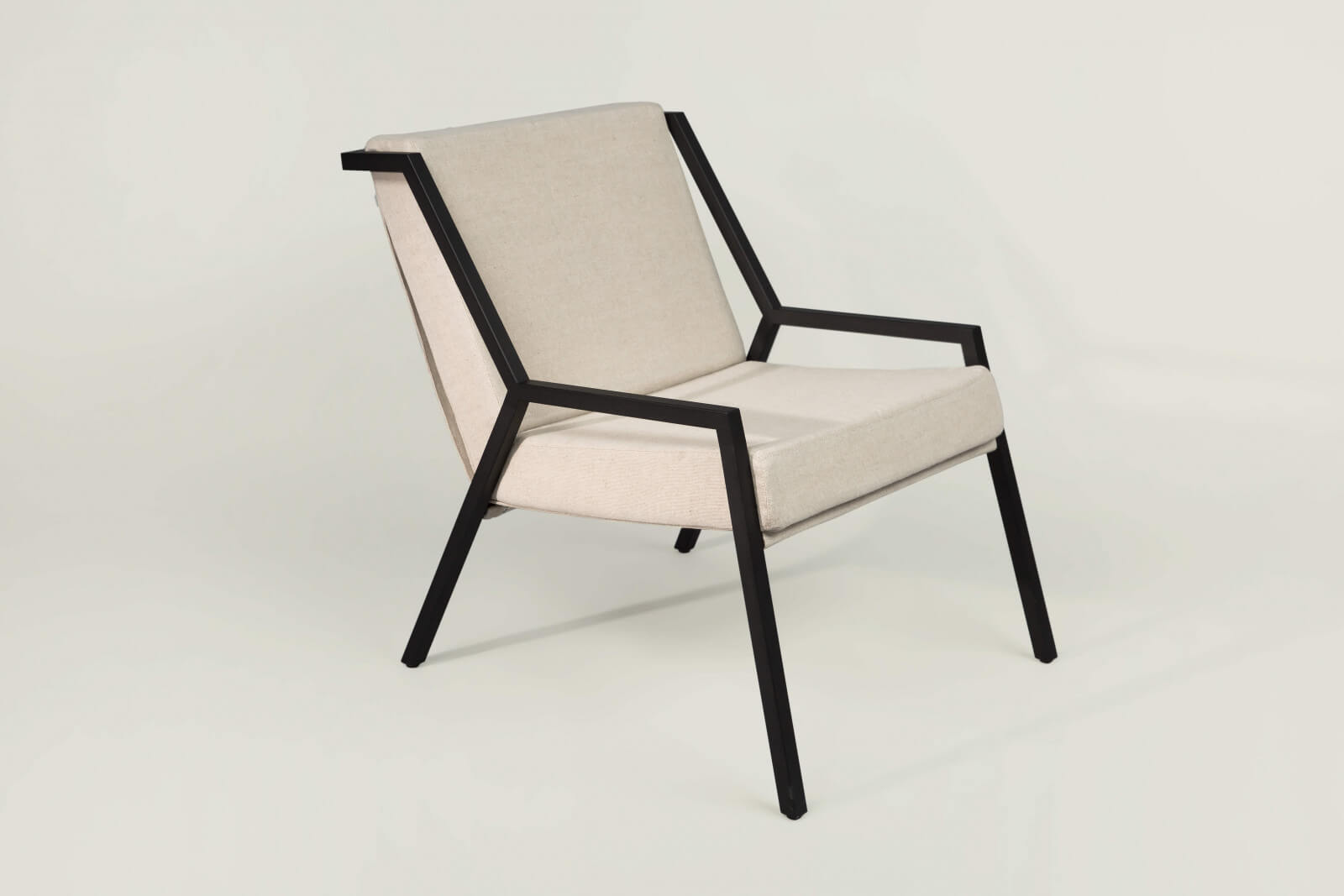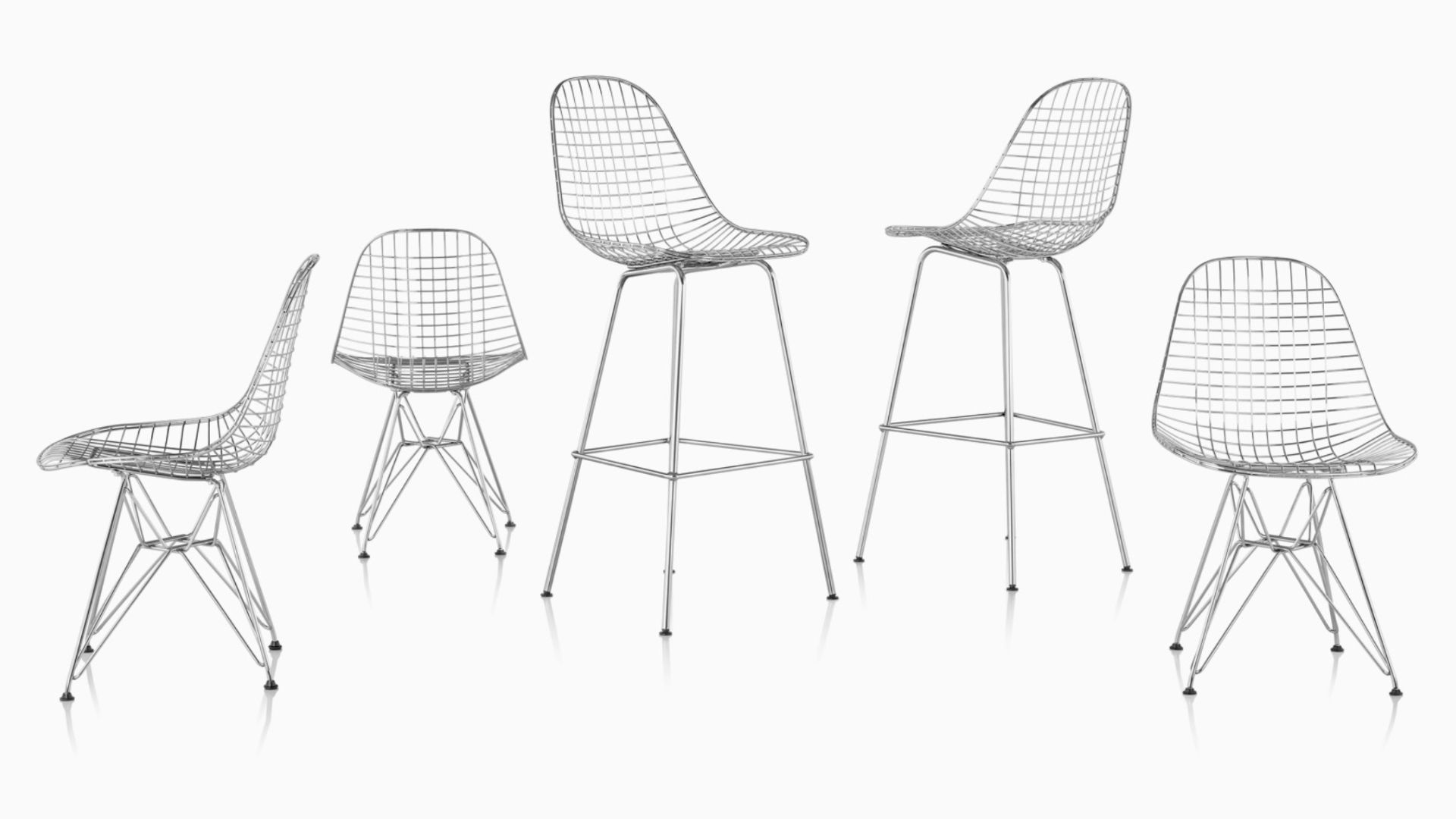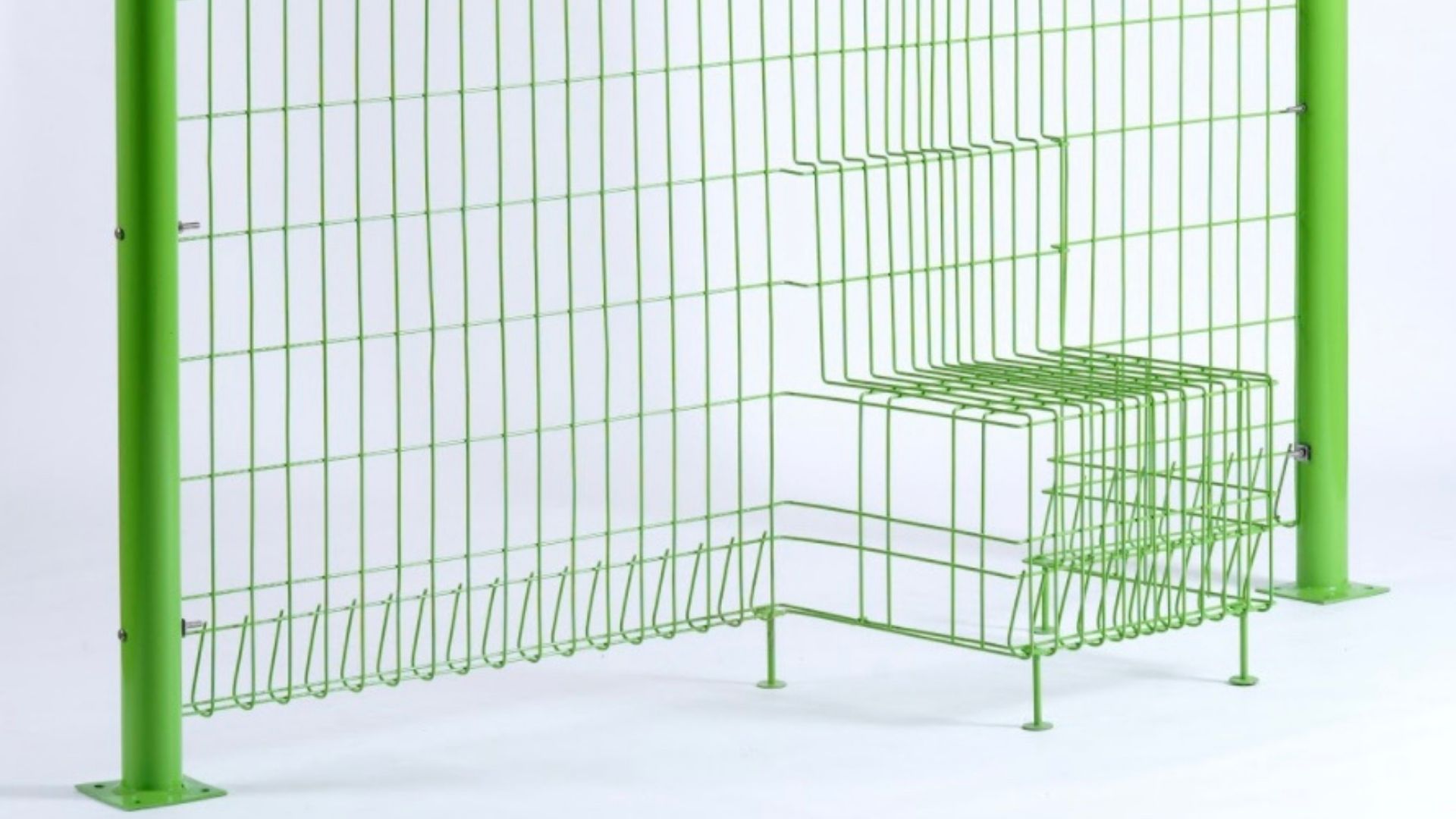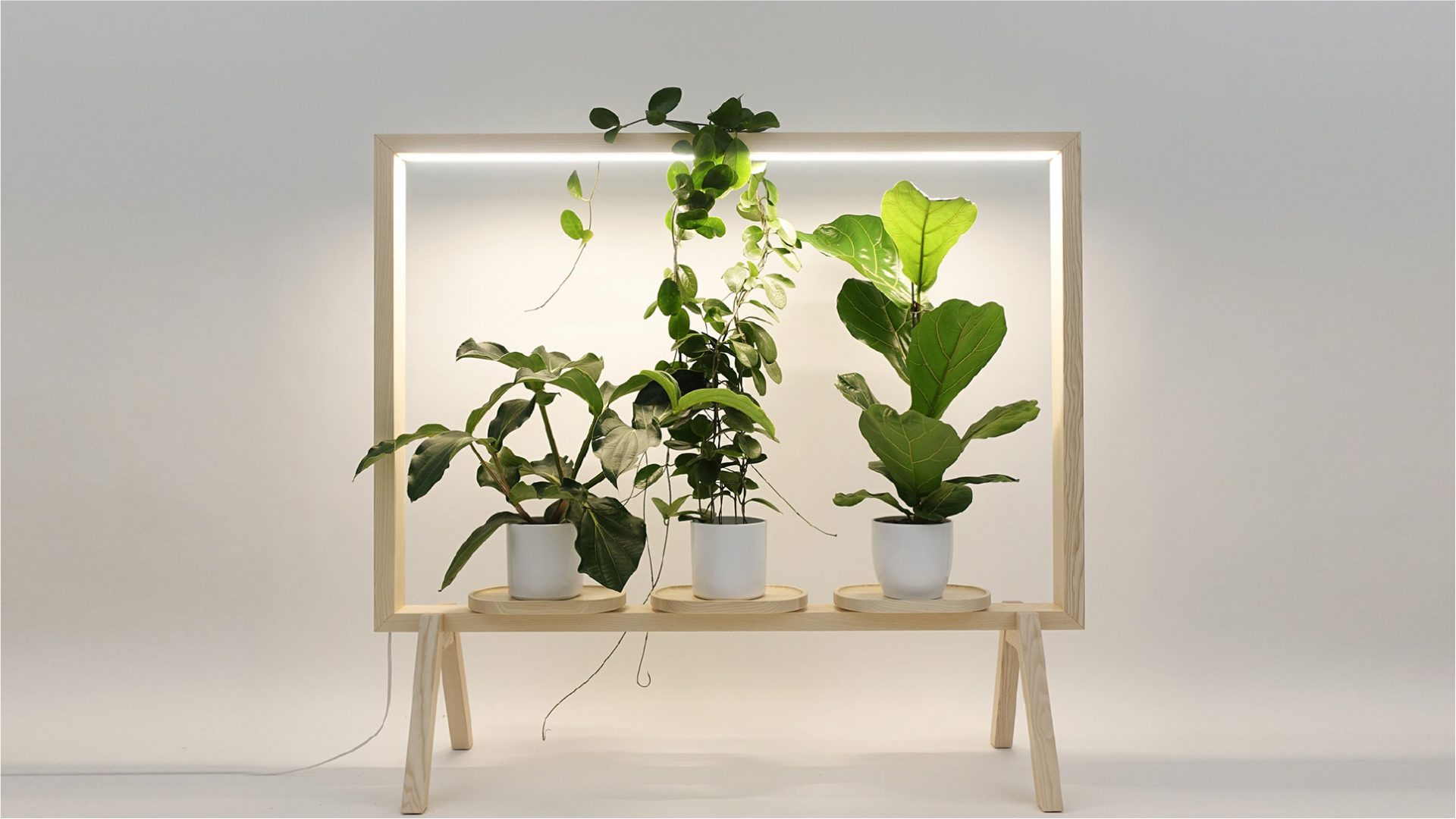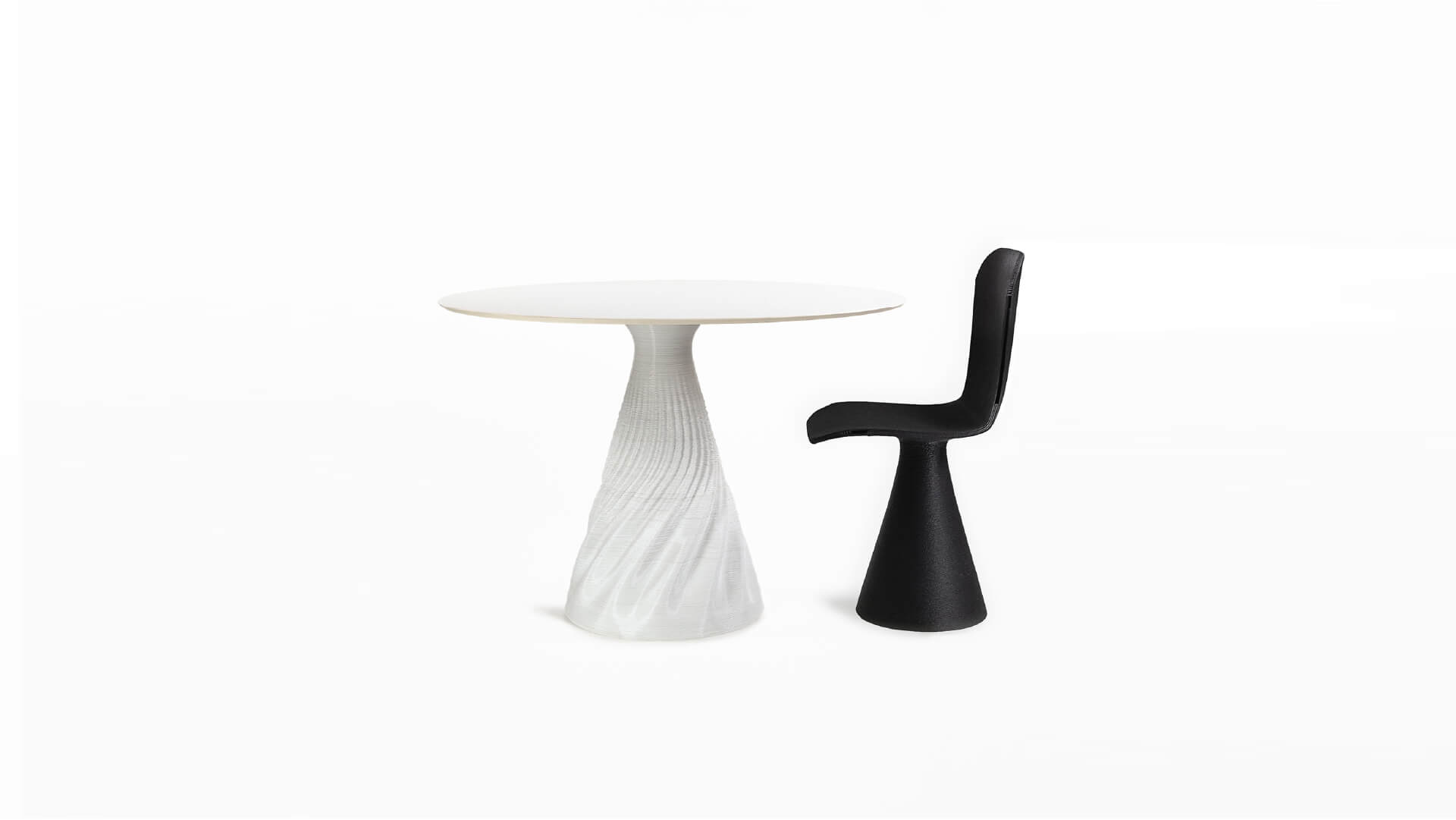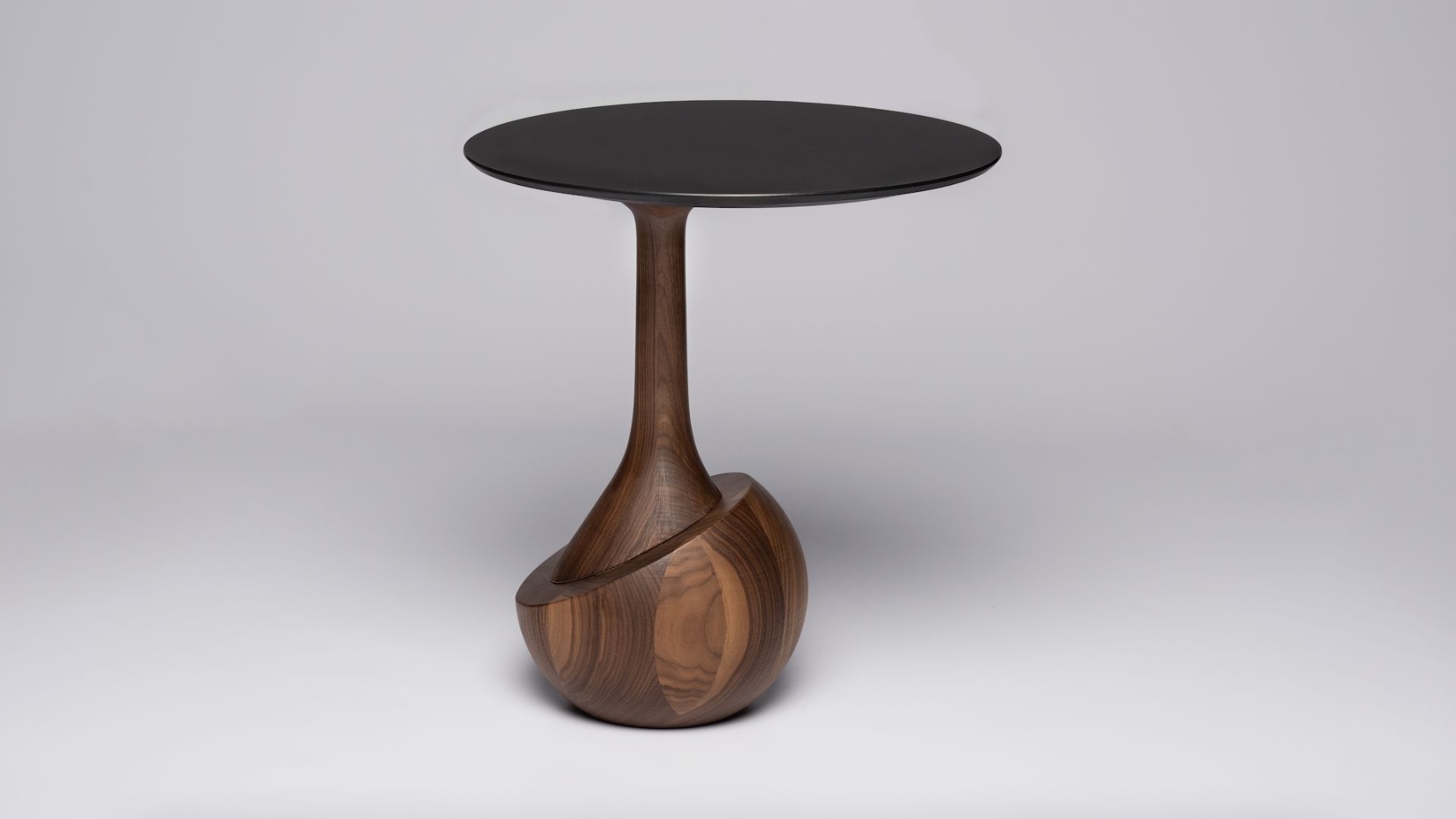Creating unique products through functionality and playful use
Lukas Bazle is a Berlin-based young product designer creating incredible designs that are bringing new and innovative solutions.
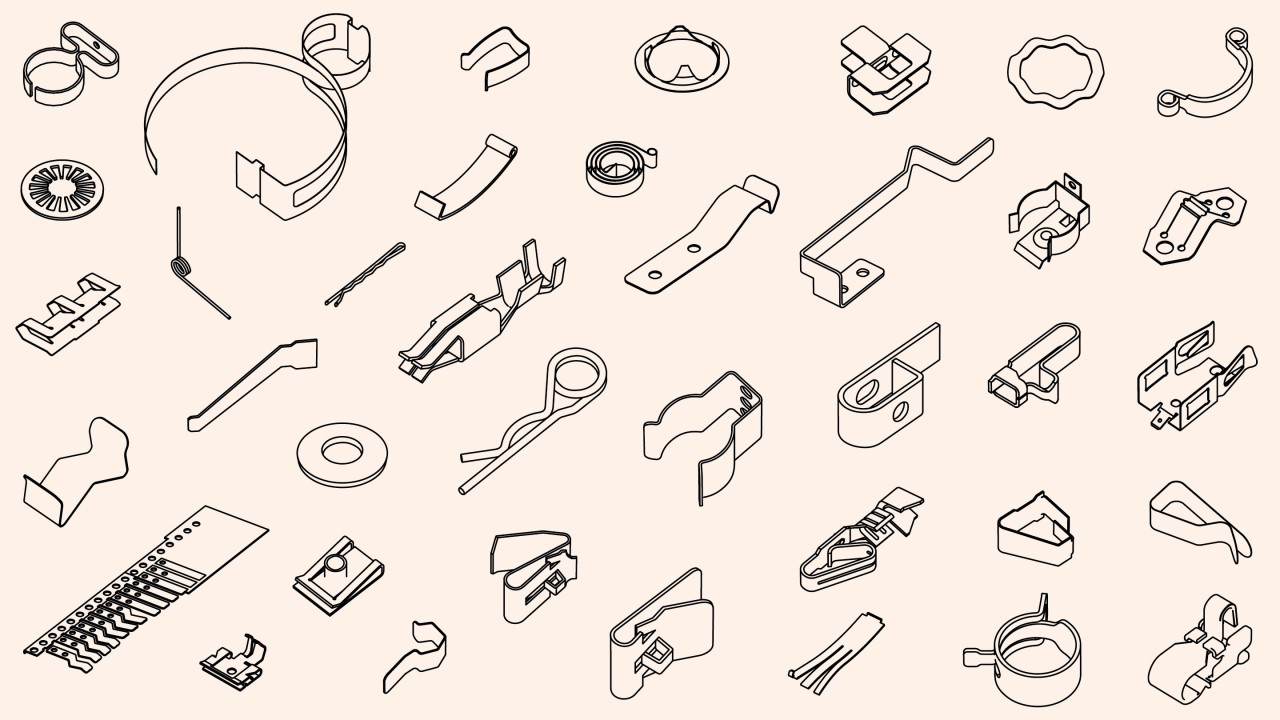
German designer Lukas Bazle is redefining everyday objects. His observation skill has brought him to rethink the way we interact with them. His goal is not only to make an object playful but to assure a high level of functionality while adding value to something that would otherwise go unnoticed.
It is his singular perspective and talent that has taken him to experience unique opportunities such as winning a scholarship by Audi and investigating Burning Man Festival’s utopian transport and infrastructure concepts.
While still at the beginning of his career, it is clear that Lukas Bazle is a bright designer from whom we will be seeing more in the future.

Who Lukas Bazle? How did your journey in design begin?
Lukas Bazle:
“I am 26 years old and currently working as a product designer in Berlin. Two years ago, I finished my bachelor studies in Product Design at the HfG Schwäbisch Gmünd and began working at Mykilos right after.
I grew up next door to my parents’ gardening center, which gave me access to a workshop and a lot of space. Thanks to this, I spent most of my childhood building the craziest things out of anything I could find. Looking back now, my choice of studying product design actually seems kind of obvious.”
Why focus on product and interior design?
Lukas Bazle:
“I think I have never intentionally focused or pinned myself down to that. I would rather say that my projects resulted from simply observing the things that surround me in my everyday life and rethinking them. And since my projects are still created on my own initiative as side projects, I mostly stayed in this field so far.
Compared to that, designing investment goods requires a very intense examination of a particular area as well as talking to many experts. To do so, it is more important to have a clear goal or problem in mind right from the start.
However, to be honest, I would be happy if my professional path would lead me to more complex and technical areas again as well.”

Your projects combine functional solutions and a playful use, can you tell us how do you approach a new design project?
Lukas Bazle:
“Mostly it is a long way from the first impulse to a concrete product idea, with some twists and turns. My BA thesis, for example, was born out of my fascination with spring mechanisms in fact, as soon as I find one, I immediately start playing around with it and can’t stop.
Keeping this fascination in mind, I began to examine and question the mechanisms and ways of production of various everyday objects, followed by several material experiments that may lead to new areas of application. In terms of my BA thesis, it all came down to three lamps and numerous ideas for future projects.
Despite this rather playful approach, I always try to achieve a functional added value in the end. Since developing and bringing a new product to the market is a great effort, I only see it as justified if some new improved solution has been found and not only the shape has been changed.”

Which designers are you inspired or influenced by? What other fields and inputs outside of the design world provide you inspiration?
Lukas Bazle:
“To me, the HfG Ulm (Ulm School of Design) is an institutional role model for its understanding of design. I think their close cooperation with the industry is particularly important. Only this way as many people as possible can be reached with designs.
From a more recent time, I am a very big fan of Richard Sapper and his student Stefan Diez. In their works, you can find a lot of technical innovation and products that are fun to use.”

You won a scholarship by Audi and were given the opportunity to investigate Burning Man Festival’s utopian transport and infrastructure concepts, can you tell us more about this experience?
Lukas Bazle:
“The whole thing was initiated by my former professor Sigmar Willnauer, who had personally experienced the beginnings of the Burning Man Festival. When Audi asked about the future of mobility, he immediately thought of it. And so I got the chance to visit Burning Man, with the aim of analyzing the immense variety and creativity of the vehicles and infrastructure there.
It was a surreal experience. There’s this huge temporary city in the middle of the desert. Regarding mobility, many things that most traffic experts nowadays recommend are already being well implemented there: more bikes, more shared vehicles, more speed limits, and less individual traffic.
Thus, it is even possible for a city full of intoxicated people to have almost no accidents, with everyone getting safely from A to B. Whether these findings are of such great benefit to a company like Audi remains to be seen.”

Based on your experience, what is the most important piece of advice you would give to fresh graduates in the design field?
Lukas Bazle:
“I think most design students are aware that there are far more designers than open positions in the industry today. From my own experience, I can only stress how important it is not only to be good at designing but also to be good at presenting your ideas.
If the opportunity arises to specialize and work for niche areas, this can be very helpful for finding your place. In order to bring university projects onto the market, I’d definitely recommend getting in touch with family companies rather than big players. The more personal collaboration is often much more pleasant and productive.”
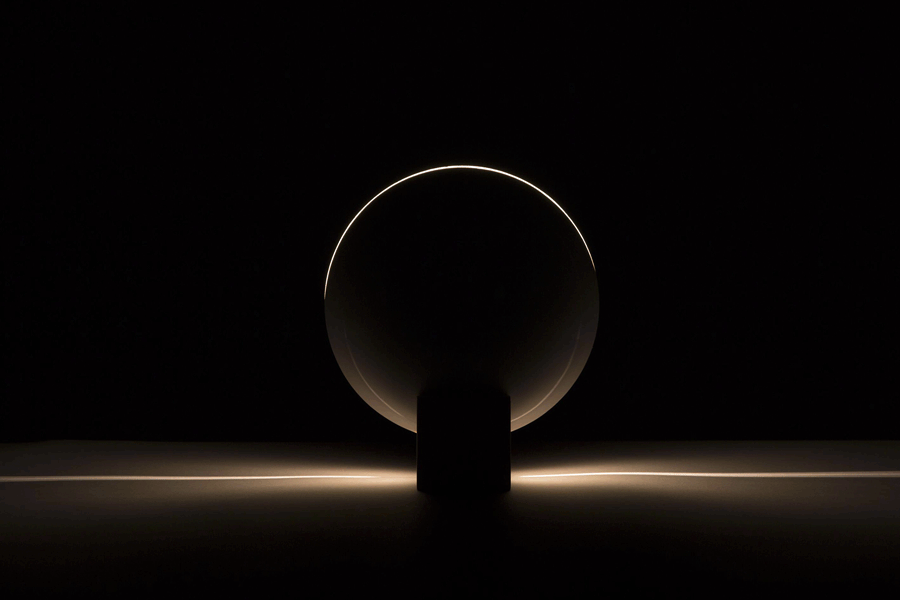
If you had the chance to collaborate with one designer, who would it be? And what would you work on together?
Lukas Bazle:
“Since I’m still at the beginning, I would rather tend to work for a designer than collaborating with one. I see it as the best and most intensive way to learn from already existing, optimized work processes.
If I had to choose one though, it would probably be Stefan Diez, because a big part of his innovative developments still takes place in the workshop. In that context, it would be exciting to be involved in a project that is not usual, such as perhaps emergency shelters. So trying to create the highest possible quality of life with the most simple means.”
What is next for Lukas Bazle?
Lukas Bazle:
“At the moment I try to enthuse manufacturers for my designs so that maybe some of them make it to the market. In view of the current situation, this is not that easy all events and fairs have been canceled, which also affects my plans. So what’s left is a lot of time at home to push further projects and try to escape the endless loop of the YouTube algorithm.”








